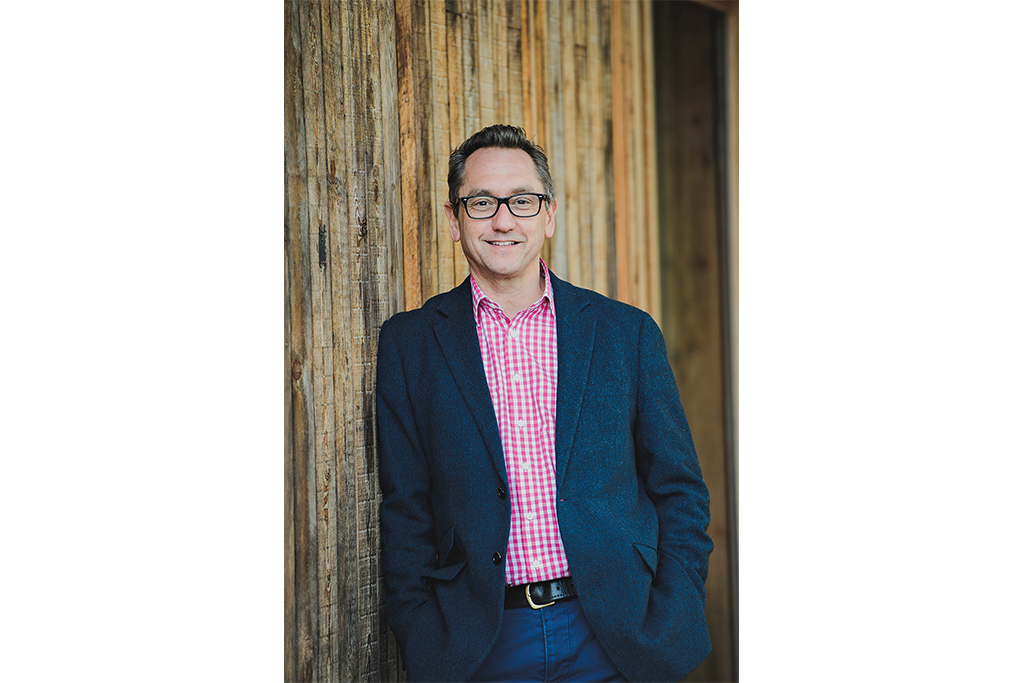
- HOME
- EDUCATION
Sleepy Heads
By | 3 years ago

We ignore the circadian rhythms of teenagers at our peril, says Magnus Bashaarat, head of Bedales School
Sleep, we hear from Macbeth, ‘knits up the ravell’d sleeve of care’. It is the ‘balm of hurt minds, great nature’s second course’ – and perhaps the boldest claim of all – sleep is ‘chief nourisher in life’s feast’. If, then, Macbeth is right, it falls to us to take the quality of our slumber, and that of our adolescent charges, very seriously indeed.
Modern science unambiguously bears out this claim to the centrality of sleep in relation to well-being and cognitive performance. While this has been a self-evident truth of human experience for millennia, the evidence base has grown and been popularised with particular intensity in recent years.
Matthew Walker’s book Why We Sleep was a best seller. Dan Pink’s When and Sarah-Jayne Blakemore’s Inventing Ourselves furthered public awareness of chronotype diversity, and in particular, highlighted the evidence that teenage sleep patterns shift dramatically during adolescence.
Circadian rhythms – our biologically set schedule of sleepiness or wakefulness – shift progressively later during adolescent years so that the biological impulse to go to sleep starts later at night, and the need to remain asleep lasts longer into the morning. We disrupt this at our peril.
The last phase of a full night’s sleep is the most important for memory consolidation, and if we cut it off by pulling teenagers out of bed too early, the ‘download’ from the hippocampus, where short term memories are stored during the day for transfer to long-term memory at night, is incomplete. Yesterday’s memories are not consolidated, and today’s store has not been adequately cleared out for new learning.
So, a lack of sleep is devastating for learning effectiveness. It’s also terrible for mental health. Sleep deprivation is correlated strongly with the full spectrum of mental health issues.
At Bedales, where innovation and progression are in our DNA, we decided that the case for change was compelling. Our students reported being significantly under-slept throughout term time. Eighty-three per cent of our upper-sixth reported getting fewer than the eight hour minimum on a regular basis; nine hours’ sleep is optimal for teenagers. So, much consultation and planning later, we launched our new school day, designed to start compulsory activities a full hour later than before in the hope that more natural and replenishing sleep would follow. A wide range of optional activities are laid on in the morning for early birds who want to go for a run, or take a tennis, dance or observational drawing lesson, for example; but the breakfast window has widened to accommodate later sleepers. Tutor time is at 9:25, followed by the first lesson at 9:45.
Does it work? We are mid- pilot, but early signs are certainly encouraging. At our first data collection point, 69 per cent of upper-sixth students reported sleeping for more than eight hours, as opposed to just 17 per cent prior to the change. Importantly 93 per cent of students reported that they had benefited from the change.
There is also much we can do to help promote sleep hygiene, which we know is a huge factor in ensuring high-quality sleep. We are taking electronic devices from younger students at night and finding ways of delivering sleep education so that students can make better choices for themselves.
We will continue to collect data and listen to feedback as our pilot plays out, but it feels as though we have taken a significant step forward in addressing a long-standing issue in adolescent well-being. We are not the first to identify the issue, but many attempts elsewhere to nourish the adolescent appetite for later sleep have perished on the rocks of bus schedules and drop-off logistics. Our initial impression is that it is well worth working through these challenges for the sake of balming hurt young minds and adding to the richness of their overall feast.
For more information visit https://www.bedales.org.uk/
READ MORE



